Kateryna Zavoloka is an experimental electronic music composer and graphic designer from Kyiv city, Ukraine.
Zavoloka mainly explores digital and analogue synthesis, sometimes she uses recorded herself songs, separate phrases, words, instruments, etc.
One of her big influences is the traditional Ukrainian culture. She traveling by Ukraine and recording native traditional ethnic folk songs, which singing old people in country-sides of Ukraine. The aim is to reach interplay between the electronic context and rough unprocessed voices that common people sing with. This produces a very ‘human’ outcome (owing to the spirit that unaffected voices bring), yet staying electronically saturated, post -sounding and edgy.
Zavoloka’s music consists of intensive varied sound motions and unexpected combinations piped into carefully controlled electronic flows. Never try to predict anything, it can turn out in what one just cannot predict. Some of Zavoloka’s friends amongst musicians admit, that her music is very unusual from the structural point of view.When asked about the motive of building such a diverse and complicated constructions, she explained her intention to produce more and more frank music that could reflect her momentary shades of feelings and emotions. She also pointed out that her music is intended to be a natural expression of her private freedom.

 In questo progetto della netlabel
In questo progetto della netlabel 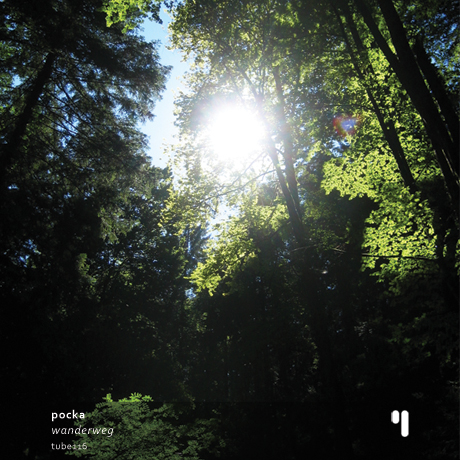 Una serie di drone per chitarra dal sapore ambientale (i titoli sono cose come Castello, Roccia, Alberi, Sentiero, Fiume …) in
Una serie di drone per chitarra dal sapore ambientale (i titoli sono cose come Castello, Roccia, Alberi, Sentiero, Fiume …) in 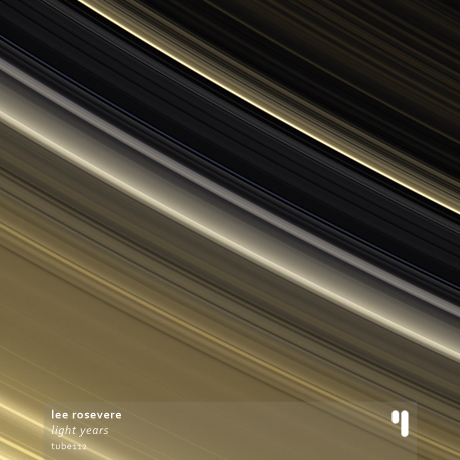

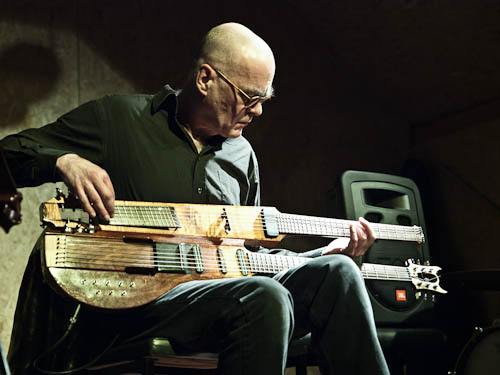
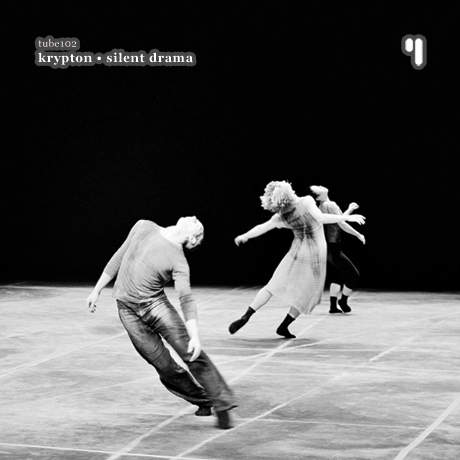 Krypton is a solo project of Krzysztof Berg from Szczecin in Poland (born in 1986). He’s been fascinated in sounds since 1999, when he recorded his first track on some popular music software in that times.
Krypton is a solo project of Krzysztof Berg from Szczecin in Poland (born in 1986). He’s been fascinated in sounds since 1999, when he recorded his first track on some popular music software in that times.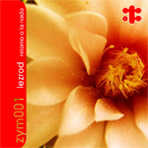 “Retorno a la nada”, album di debutto di David Velez (aka Lezrod) e della netlabel Zymogen, pieno di ritmi obliqui su cui si muovono drone, beep, click e disturbanti scricchiolii.
“Retorno a la nada”, album di debutto di David Velez (aka Lezrod) e della netlabel Zymogen, pieno di ritmi obliqui su cui si muovono drone, beep, click e disturbanti scricchiolii.